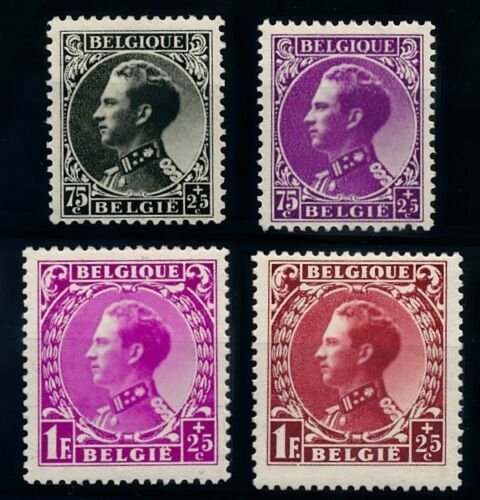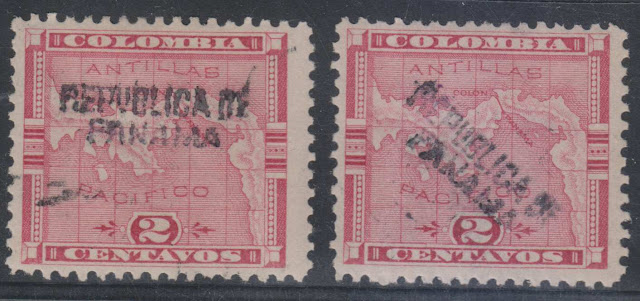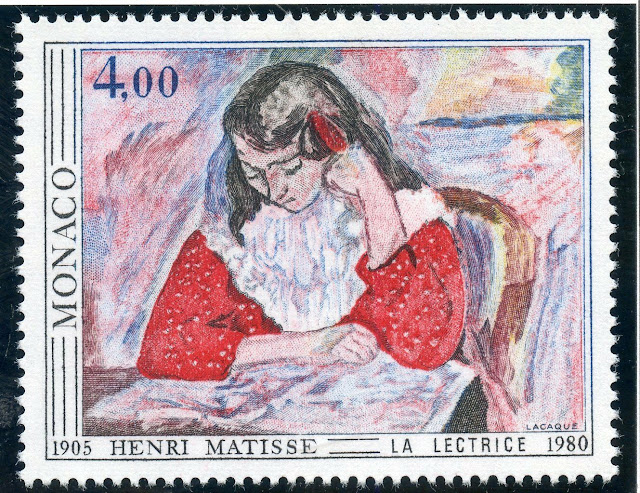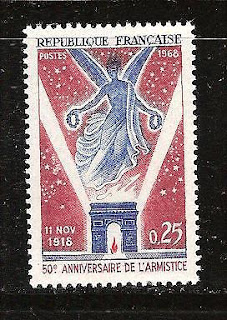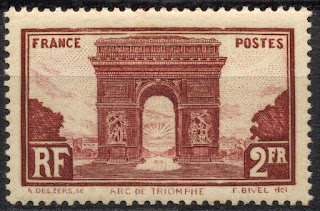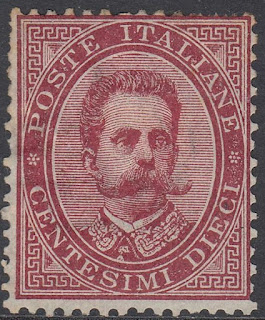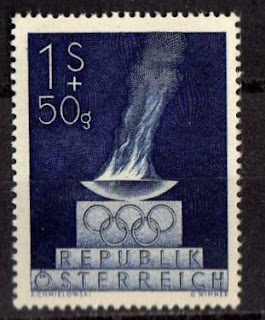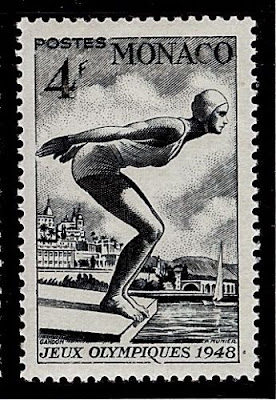1901 Born: Leopold III of Belgium (d. 1983)
Leopold III (3 November 1901 – 25 September 1983) was King of the Belgians from 1934 until 1951, when he abdicated in favor of the heir apparent, his son Baudouin. From 1944 until 1950, Leopold's brother, Charles, served as prince regent while Leopold was declared unable to reign. Leopold's controversial actions during the Second World War resulted in a political crisis known as the Royal Question. In 1950, the debate about whether Leopold could resume his royal functions escalated. Following a referendum, Leopold was allowed to return from exile to Belgium, but the continuing political instability pressured him to abdicate in 1951.
Leopold was born in Brussels and succeeded to the throne of Belgium on 23 February 1934, following the death of his father King Albert I.
Some stamps issued by Belgium depicting King Leopold III
1903 – With the encouragement of the United States, Panama separates from Colombia.
Panama, officially the Republic of Panama (Spanish: República de Panamá), is a country in Central America, bordered by Costa Rica to the west, Colombia to the southeast, the Caribbean Sea to the north, and the Pacific Ocean to the south. The capital and largest city is Panama City, whose metropolitan area is home to nearly half the country's 4 million people.
The US intent to influence the area, especially the Panama Canal's construction and control, led to the separation of Panama from Colombia in 1903 and its establishment as a nation. When the Senate of Colombia rejected the Hay–Herrán Treaty on January 22, 1903, the United States decided to support and encourage the Panamanian separatist movement
In November 1903 Panama proclaimed its independence and concluded the Hay–Bunau-Varilla Treaty with the United States. The treaty granted rights to the United States "as if it were sovereign" in a zone roughly 16 km (10 mi) wide and 80 km (50 mi) long. In that zone, the US would build a canal, then administer, fortify, and defend it "in perpetuity".
Construction work on the Gaillard Cut of the Panama Canal, 1907. In 1914 the United States completed the existing 83-kilometer-long (52-mile) canal.
Colombian stamps with overprints issued by Panama in 1903
1954 Died: Henri Matisse, French painter and sculptor (b. 1869)
Henri Émile Benoît Matisse (31 December 1869 – 3 November 1954) was a French artist, known for both his use of colour and his fluid and original draughtsmanship. He was a draughtsman, printmaker, and sculptor, but is known primarily as a painter. Matisse is commonly regarded, along with Pablo Picasso, as one of the artists who best helped to define the revolutionary developments in the visual arts throughout the opening decades of the twentieth century, responsible for significant developments in painting and sculpture.
The intense colorism of the works he painted between 1900 and 1905 brought him notoriety as one of the Fauves (wild beasts). Many of his finest works were created in the decade or so after 1906, when he developed a rigorous style that emphasized flattened forms and decorative pattern. In 1917, he relocated to a suburb of Nice on the French Riviera, and the more relaxed style of his work during the 1920s gained him critical acclaim as an upholder of the classical tradition in French painting. After 1930, he adopted a bolder simplification of form. When ill health in his final years prevented him from painting, he created an important body of work in the medium of cut paper collage.
His mastery of the expressive language of colour and drawing, displayed in a body of work spanning over a half-century, won him recognition as a leading figure in modern art
Some stamps depicting Matisse and or his works
